It’s mosquito season in Zhengzhou, which means a never-ending battle to keep the pesky insects from turning you into a mass of itchy bumps.
We’ve got mosquitoes back in New Jersey, but not like the ones here. Chinese mosquitoes seem to be made of indestructible material that makes it almost impossible to repel or kill them.
I’ve tried all kinds of sprays and ointments, but they just keep on coming. They feast on my skin like it was a smorgasbord of mosquito delicacies, nibbling away as I walk, sit and sleep. Sometimes I scratch myself so hard that I peel off the skin and start bleeding.
It’s particularly bad at night, when they circle like vultures. I probably should put a mosquito canopy over my bed like Pat and I had in Africa. But since I only have a few weeks left in China, I just pull the covers over my head and scratch myself to sleep.
***
I took 30 of my first-year students on a field trip to the Henan Museum, the best cultural history museum in the province. Many of them had never been there before, and they were amazed by the huge collection of ancient Chinese artifacts dating back thousands of years.
While were looking at one exhibit, a Chinese man overheard me speaking English to my students. He asked me where I was from, and when I said the U.S., he told me he spent seven years in America studying for postgraduate degrees in environmental engineering.
He lived in New Mexico and Texas, where he got his doctorate from the University of Texas at El Paso, whose claim to fame is fielding the first all-black starting team to win the NCAA basketball championship. (That was back in 1966, when the school was known as Texas Western.)
We talked about China’s serious air and water pollution, and agreed that it was the biggest crisis facing the country. “If we keep poisoning our air and water, we will die,’’ he said.
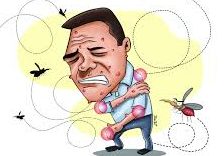
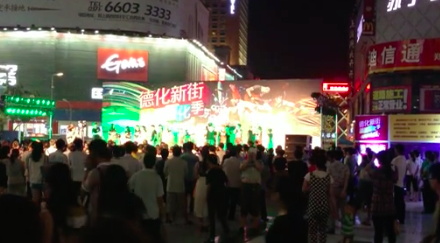
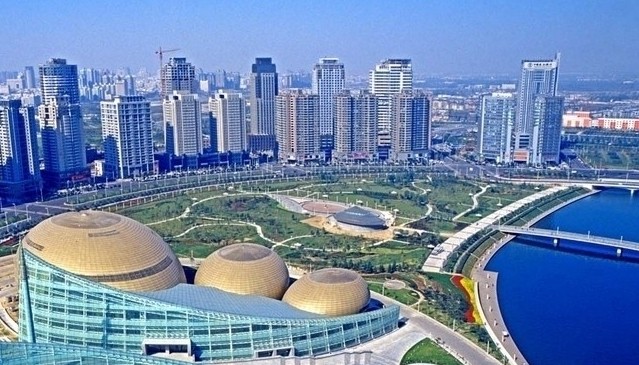
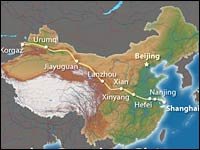
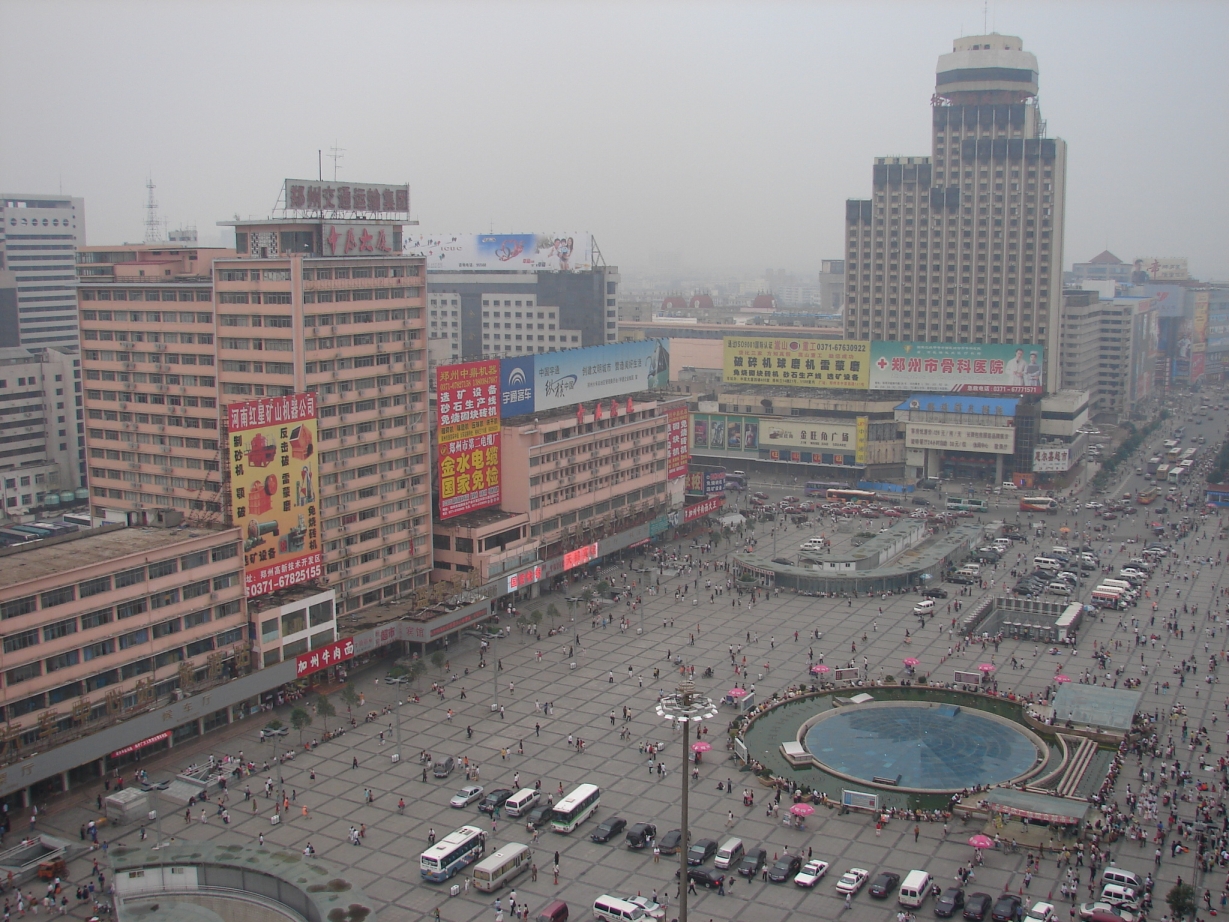
Rick, you gotta buy some tiger balm, it costs wu miao and works great after you are bitten. For prevention, ask your students, they will help you buy this tonic that smells like aftershave, you put it on your body and they won’t come near you…..